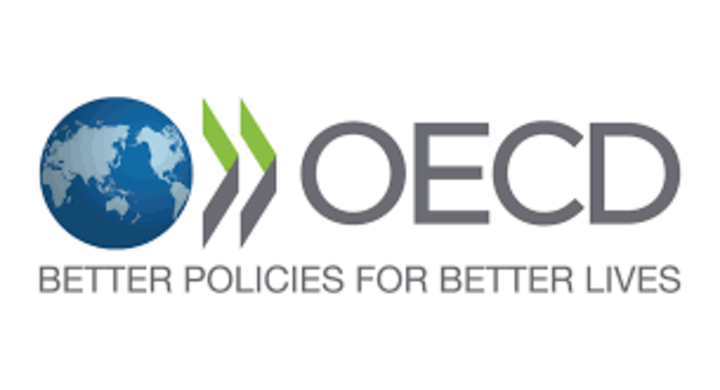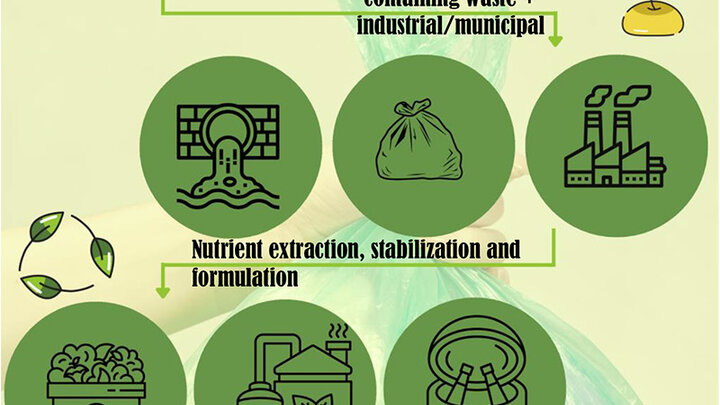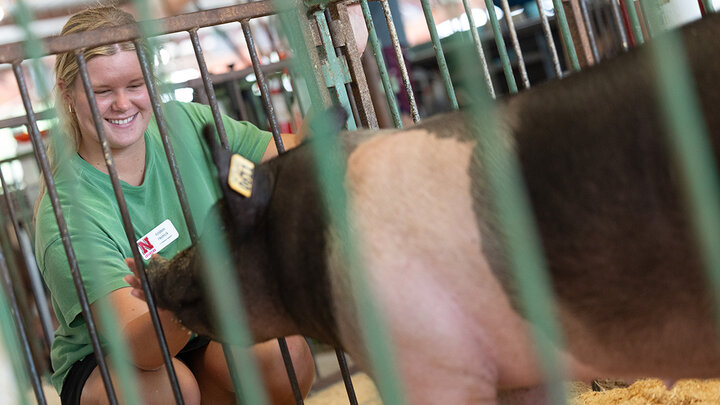
On September 10-12, 2024, the Nebraska Water Center and the United States Department of Agriculture’s Agricultural Research Service (USDA-ARS) co-hosted a conference titled Fertilizers from waste: Recovering and reusing nutrients via circular processing of agricultural residues. This conference was sponsored by Organisation for Economic Co-operation and Development (OECD) Co-operative Research Programme: Sustainable Agricultural and Food Systems and by the USDA National Institute of Food and Agriculture (USDA-NIFA) Engineering for Agricultural Production and Processing program (grant no. 2024-67021-43747). An interdisciplinary team of researchers Prof. Chittaranjan Ray and Dr. Lisa Durso (University of Nebraska), Professor Jonas Baltrusaitis (Lehigh University), Drs. Clinton Williams and Julia Stiles (USDA ARS Water Management) secured the funding and organized the meeting.
The Fertilizers from Waste conference catalyzed collaboration between professionals developing technology and those building the infrastructure that will support the adoption and implementation of the new fertilizer products, technologies, and processes. The conference was designed to share expertise and further advance on research of the following topics:
- Engineering and new fertilizer technologies
- Prospects and applications on nutrients recovery
- Risk assessment and fertilizer management
- Mineral nutrition, soil health, and environmental sustainability
The Fertilizers from Waste conference included presentations from more than fifteen experts from eight countries. Speakers and attendees were a mix of engineers, agricultural scientists, practitioners, stakeholders, such as farmers or biogas producers, and mineral and organic fertilizer producers. The conference discussed the potential and implications of opportunities, challenges, and timeline of transitioning, partially or fully, from mineral derived fertilizers to waste derived fertilizers. The focus of the conference was to bring together innovative yet applied problem solvers in the realms of policy, engineering, sustainability, microbiology, and soil health.
The three-day conference included presentations from experts around the globe, brainstorming and collaborative sessions, and a half-day visit to Husker Harvest Days, a unique experience for the international visitors. An overview of the conference agenda is available at the link above.
One of the United Nations' sustainable development goals is to achieve food security while transitioning into sustainable agriculture. This goal has been of utmost importance for a long time due to the persistent food shortages in certain geographical locations throughout the world. The ability to recycle nutrients is key to sustainable agricultural production, however key nutrients from land-applied manures and other agricultural residues are often lost to runoff or volatilization, devaluing these materials as a fertilizer, and contributing to environmental contamination. The recent focus on the global phosphorus shortage highlights the urgent need for creative solutions to harness and recycle these nutrients. There is growing interest in developing sustainable strategies to do this, however successful on-the-ground implementation will require close collaboration between the engineers and scientists designing the new technologies, and the policy makers designing the new institutional, economic, and legal frameworks required for adoption. In addition to the opportunity for information exchange between those currently involved in policy and those currently designing and producing new sustainable residue-based fertilizer products, this conference is structured to catalyze long-term professional working relationships between technical and policy experts.



